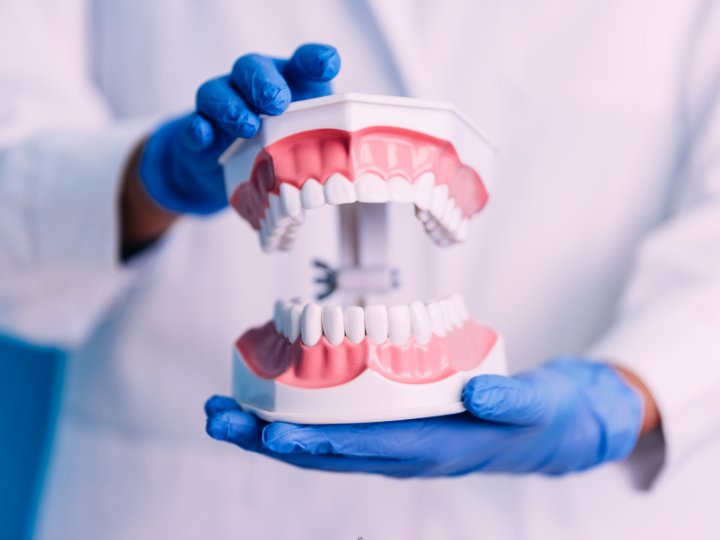Fluoride is a naturally occurring mineral that plays a crucial role in maintaining healthy teeth and preventing tooth decay. Found in water, certain foods, and many dental care products, fluoride has been one of the most effective tools in modern dentistry for protecting enamel and supporting long-term oral health. Understanding how fluoride works can help individuals make informed decisions about their dental hygiene routine.
How Fluoride Strengthens Teeth
Remineralisation of Enamel
Tooth enamel, the hard outer layer of our teeth, is constantly under attack from acids produced by plaque bacteria. These acids can cause demineralisation, weakening enamel and making it more vulnerable to decay. Fluoride works by promoting remineralisation, a process where minerals are redeposited into the enamel, helping to repair early signs of tooth damage.
Making Teeth More Resistant to Acid
Fluoride also integrates into the tooth structure, forming a compound called fluorapatite, which is more resistant to acid attacks than regular enamel. This added protection helps teeth withstand the constant exposure to acids from food, drinks, and bacteria in the mouth.
Sources of Fluoride
Fluoridated Water
In Australia, community water fluoridation has been widely adopted and endorsed by major health organisations. Drinking fluoridated tap water is a simple and effective way to benefit from fluoride’s protective properties.
Fluoride Toothpaste
Most commercial toothpaste brands contain fluoride. Brushing twice a day with a fluoride toothpaste is an essential step in preventing tooth decay and strengthening enamel.
Professional Fluoride Treatments
Dentists may apply fluoride treatments during regular check-ups, especially for children, individuals with a high risk of cavities, or those with weakened enamel. These treatments come in the form of gels, foams, or varnishes that provide a concentrated dose of fluoride for enhanced protection.
Dietary Sources
Though limited, some fluoride can also be found in foods such as tea, fish (especially those canned with bones), and certain mineral-rich vegetables. However, the levels are typically low compared to water and dental products.
Fluoride for Children vs. Adults
Children benefit significantly from fluoride during the formative years of tooth development. Fluoride exposure strengthens the developing enamel, making teeth more resilient when they erupt. However, adults also benefit from continued fluoride use to help maintain enamel strength and prevent decay over time.
It’s essential to ensure that young children use the right amount of fluoride toothpaste (about the size of a grain of rice) and are supervised to prevent swallowing too much, which can lead to a condition called dental fluorosis.
Final Thought
Fluoride remains one of the most valuable tools in preventive dentistry. By strengthening enamel and reversing early decay, it supports healthy teeth throughout life. Incorporating fluoride through water, toothpaste, and regular dental check-ups is an easy and effective way to protect your smile. For more personalised advice on fluoride treatments and dental care, consult the experts at rouse hill dental.







